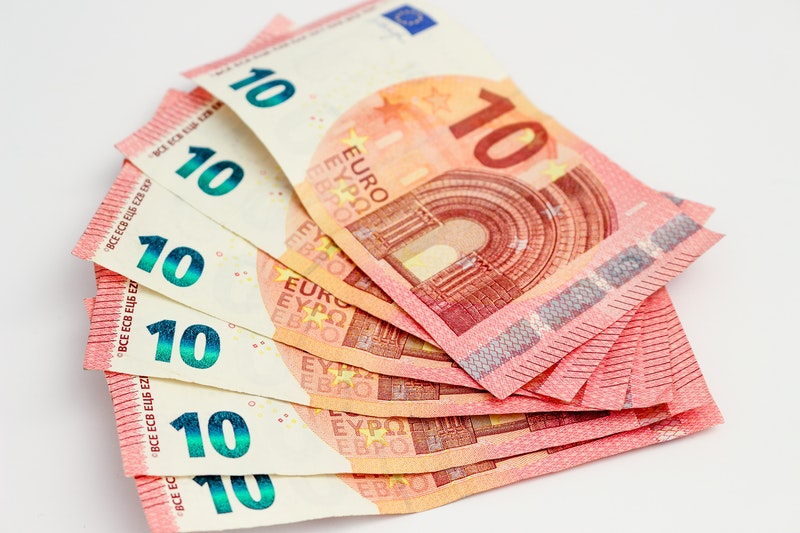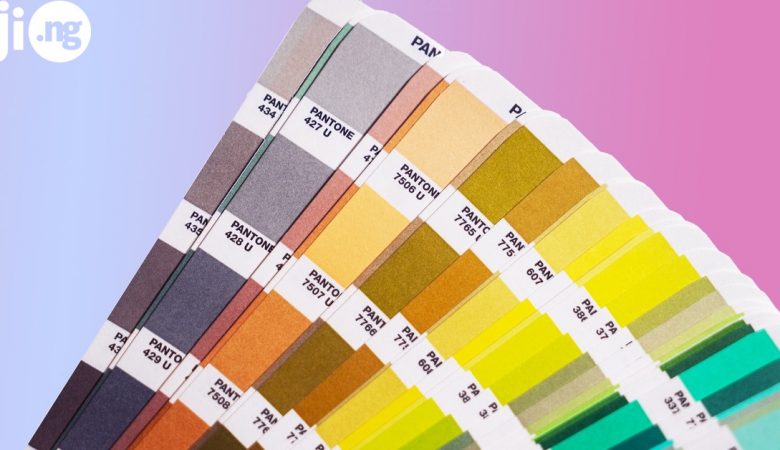A domiciliary account may not be a must-have for everyone, but it is an essential banking tool when you work with foreign entities. If you are getting paid in foreign currencies or pay for goods and services from overseas, you will definitely need a domiciliary account. Here is how to fund your domiciliary account in Nigeria.
Sell and buy safely from home in Nigeria on Jiji
1. What is a domiciliary account?
A domiciliary account is a bank account that allows you to receive and make payments in currencies other than Nigerian naira. It can be particularly useful for people working for foreign companies, for those who trade with foreign countries, and for those who employ remote workers from overseas. To avoid losing money on conversions and to make things easier for both parties, domiciliary accounts were invented. Now you can easily get one at most Nigerian banks, although you’ll probably want to open one at your current bank to save yourself time and effort.
Read more: Which Nigerian Banks Open On Saturdays?
2. Benefits of a domiciliary account
It goes without saying that maintaining an extra bank account is additional work, and even though it doesn’t take much to do it, you still want to know that you’ll get something out of it in the long run. Here are the three biggest reasons to create a domiciliary account:
Read more: How Do Banks Handle A Deceased Customer’s Money?
- You get to save money in your account in some of the world’s most stable currencies, including USD, GBP, and EUR.
- You get to choose your own rate for exchanging naira into a foreign currency and back by holding the money in your account and only exchanging it when the rate is good.
- You can pay for any foreign products and services without the hassle of converting naira into foreign currency and losing money on conversions.
3. How to fund your domiciliary account
When you want someone to fund your domiciliary account, the procedure may be different for that person depending on the country and the bank he’s using. However, for all domiciliary account transactions, you will need to give the sender the following information:
- Your account number
- The name on the account
- The name of the bank
- The location of the bank branch
- Routing number
- Swift code of your bank
With the exception of the first two items on the list, you can find out all the information you need on your bank’s website or using its hotline. Once your account is funded, you can visit the bank to withdraw the money if you want it in cash or save it in your account to use it later.
Read more: Full List Of All Mobile Phone USSD Codes For Banks In Nigeria

Buy and sell with confidence from your phone using the Jiji app










